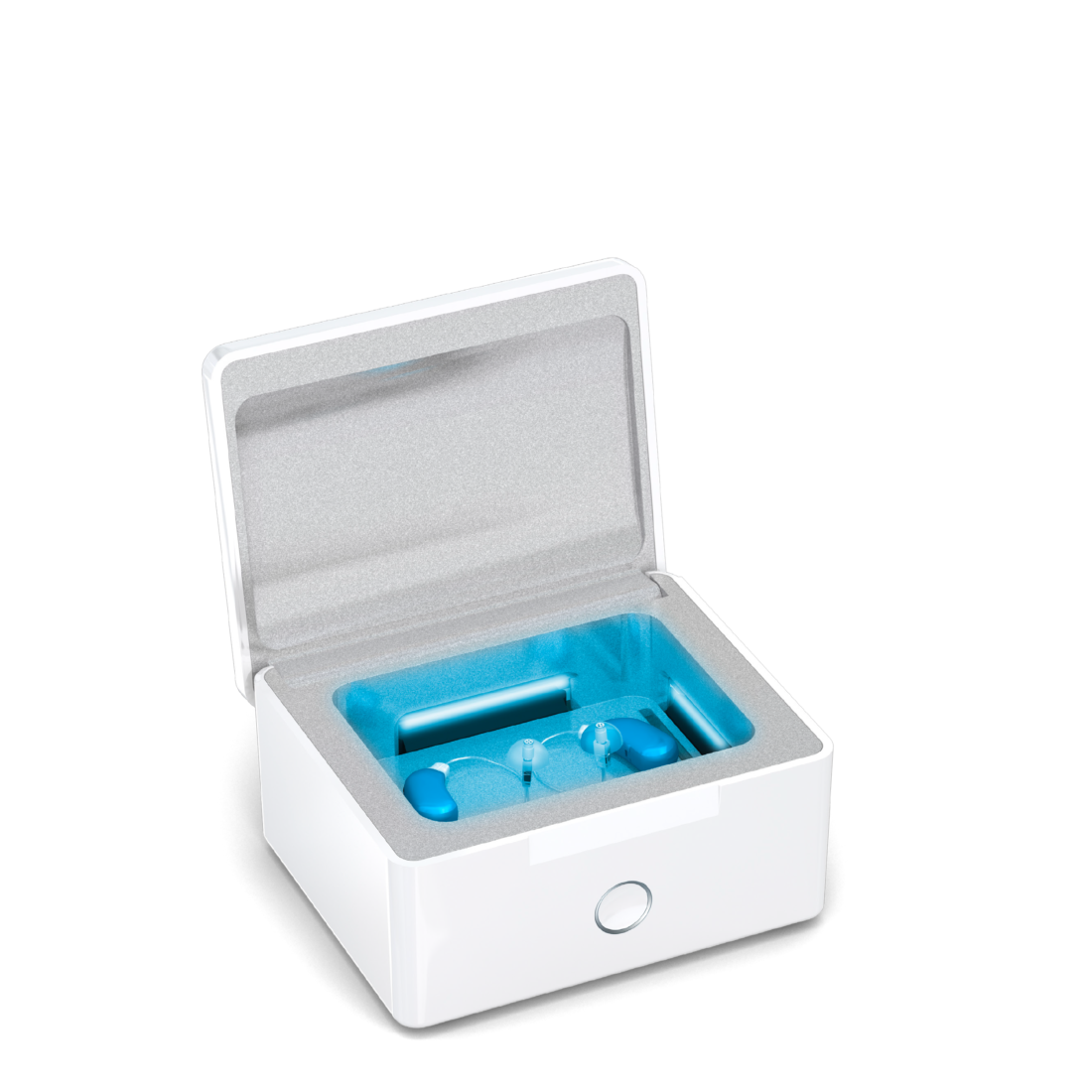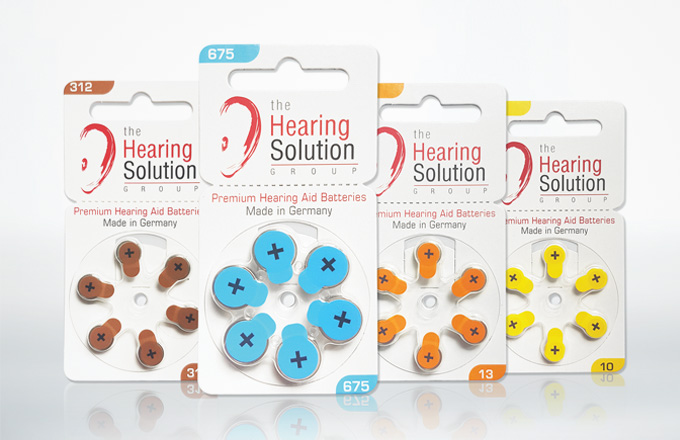9 Tips for Taking Care of Your Hearing Aids

Did you know that moisture and debris can cause your hearing aids to malfunction?
If not taken care properly, moisture from the air and sweat could potentially get into your hearing aids and reach the electronic parts, hence causing potential disruption of connection and even corrosion.
That is why caring for your hearing aids are so important. Following a few easy steps will keep you connected to your world by ensuring optimal hearing aid performance.
Here are a few easy things you should do at home to keep your hearing aids in tip-top condition:
1. Always handle your hearing aids with care
Hearing Aids consist of plenty of electronic parts, just like any other electronic gadget, this medical device is sensitive to fall, corrosion and extreme heat or cold environment. Carelessness in handling the hearing aids may cause total damage to the hearing aids.
2. Wash your hands before handling your hearing aids.
Dirt, germs, viruses, pollen and other cosmetic chemicals can easily contaminate your hands. If you touch your hearing aids with unwashed hands, you may infect your ears which could lead to other health issues such as otitis externa.
Otitis externa occurs due to bacterial or fungal infections. Some of the symptoms are swelling and redness of the ear canal, pain and discomfort, itching and ear discharge.
3. Store your hearing aids in a safe, dry place away from children and pets
An electronic dehumidifier or dryer can help you dry the hearing aids in a more efficient way. Electronical parts in the hearing aids are very sensitive and may get corroded due to the presence of excessive moisture.
Never use a hairdryer as the heat produced is unstable and too high for hearing aids.
There are few electronic dehumidifiers that come together with UV light which can help kill the germs effectively while keeping your hearing aids dry.
One thing to remember is to always remove the battery before putting the hearing aids into the dryer. This is important to keep your battery last longer. Most battery-operated hearing aids do not have a power on/off button.
Hence the only way to turn off the hearing aid is to open the battery door, otherwise, it will keep on running.
In addition, hearing aids may look like toys to your kids and pets. There are a lot of cases where the hearing aids which were left on the table gets chewed by their pets and got broken.
That is why it is so important to keep your hearing aids in a dehumidifier or dryer.
4. Turn off your hearing aids when you are not using them
Always remember to open the battery door and remove the battery when not in use. Save your battery and save your pocket! For more money saver options, you may go for rechargeable hearing aids with automatic on and off functions.

5. Periodically clean the battery contacts
Periodically clean the battery contacts and remove any visible earwax or debris with a clean cloth. Use only high quality and premium battery with perfect corrosion protection.
Corrosion caused by leaking or overstressed batteries is one of the main causes of major hearing aid repairs.
THSG hearing aid batteries are housed by stainless steel materials that provide high-level stability and safe protection against corrosion.
When dirt or grease touches the battery, this could cause Zinc Air batteries to discharge faster, or – worst case scenario – it can cause a short circuit to the hearing aid.
6. Change filters or wax guards
Wax and dirt may collect at the wax guard and deter the sound quality. This commonly occurs to the Receiver-In-Canal (RIC) and custom made hearing aids where the receiver is situated inside the ear canal.
7. Blow the ear mould tube regularly
A blocked ear mould tube is one of the main factors that may distort the sound quality or hinder sound from travelling into Behind-the-Ear (BTE) hearing aids.
The air inside the ear mould tube will condense into water droplets due to the body heat and temperature changes. Water droplets combined with earwax could block the ear mould tube either partially or completely.
Remove the tubing from the hook and use an air blower to pump out any blockage in the tube from top to bottom.
8. Schedule routine checkups
Schedule routine checkups with your hearing care professional or audiologist for professional cleaning.
It is not uncommon for hearing aids to require some degree of professional service, which is why hearing aids are often sold with warranties and repair coverages.
9. Check is waterproof or not
Don’t wear your hearing aids in the shower or while swimming unless your hearing aid is waterproof!
Cleaning your hearing aids every day can drastically reduce the number of repairs required during the lifespan of your hearing aids and help keep the sound quality high!
Each hearing aid model might have a different maintenance procedure. Learning to care for your hearing aids at home and scheduling regular appointments with your hearing care professional or audiologist will ensure that your hearing aids help you hear at your very best.

 Find Us
Find Us